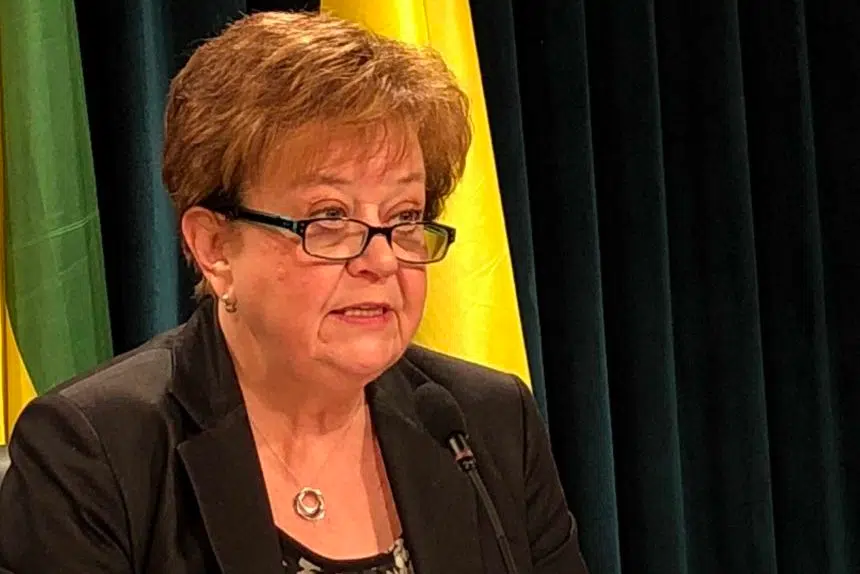Careful accounting, estimations and projections go into the creation of the provincial budget every year — but this year that didn’t include the carbon tax.
“Each and every budget, each and every year has flexibility for changes within that budgetary year,” explained Finance Minister Donna Harpauer.
But Harpauer couldn’t put a number on the flexibility in the budget. It was tabled with a $34.4 million surplus — slim for a provincial government.
She said there is always space in the fuel budget for executive government’s vehicle fleet, she also said it’s not as large as it used to be.
Harpauer said the biggest effect would likely be on government-owned buildings, like schools and hospitals, but she said the federal government has hinted those buildings will be exempt.
When Harpauer was speaking, on Thursday, she said the province didn’t have those details yet.
She compared the difference the tax could make in the budget to something unexpected like a flood.
“We have to be nimble and we have to have the ability to then maybe find efficiencies somewhere else to cover costs, and that’s how we will deal with the carbon tax.”
When asked why the government didn’t account for something they knew was going to happen, Harpauer said this tax is “uncharted territory,” so what number would they pick?
Premier Scott Moe defended the move, saying he expects to win the province’s reference case on the tax, so Saskatchewan won’t be paying it at some point anyway.
Despite this potential hole in the expenses column, both Moe and Harpauer are still calling the budget balanced.
The Sask. NDP’s finance critic called the move to leave the carbon tax out concerning.
“It seems strange that we have a finance minister out here saying that they haven’t planned a budget for the current reality that we’re facing,” said Trent Wotherspoon.
Wotherspoon also took the opportunity to take a shot at the Sask. Party government, saying this isn’t inconsistent, that this government has often failed to get the assumptions right on budgets.







